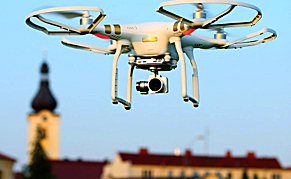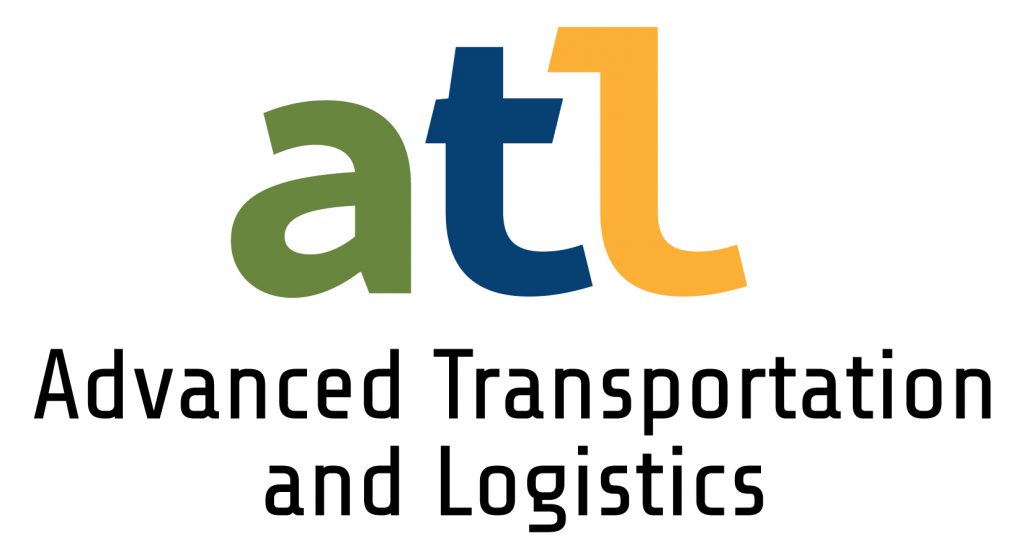Act Would Reduce Regulations for Educational and Research Purposes
From Unmanned Aerial Online on March 8, 2016

Photo credit: Unmanned Aerial Online
U.S. Sens. Gary Peters, D-Mich., and Jerry Moran, R-Kan., have introduced the Higher Education UAS Modernization Act, which would support the operation of unmanned aircraft systems (UAS) by higher education institutions for research and educational purposes and workforce development.
The act would allow students and educators at colleges and universities to operate UAS for educational or research purposes and without obtaining specific approval from the Federal Aviation Administration, as long as they meet specified flight and safety requirements.
Colleges Training Tomorrow’s UAS Workforce
“Unmanned aircraft are expected to grow into a multibillion-dollar industry over the next few years, but colleges and universities are training the next generation of unmanned aircraft operators and engineers today,” says Peters.
“I’m proud to introduce this legislation that will help reduce burdensome regulations that stifle innovation and restrict the educational use of drones. By making it easier for students and educators to use unmanned aircraft for research, we will be able to advance new technological applications, develop our workforce and grow our economy,” he continues.
Stephen Hsu, vice president for research and graduate studies at Michigan State University, adds, “MSU welcomes thoughtful congressional attention to the regulatory challenges posed by UAS operations in university research and teaching. An appropriate balance must be struck between regulatory burden relief, aviation safety and the safety and privacy of the general public. The legislation being introduced by Sens. Peters and Moran should initiate important dialogue concerning the responsible conduct of research with these important new tools.”
Read original article here.


